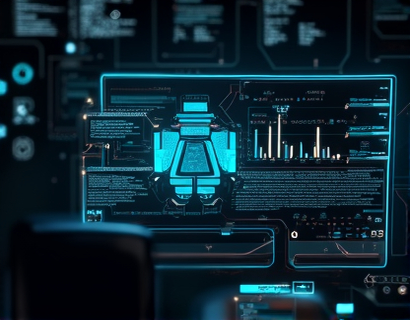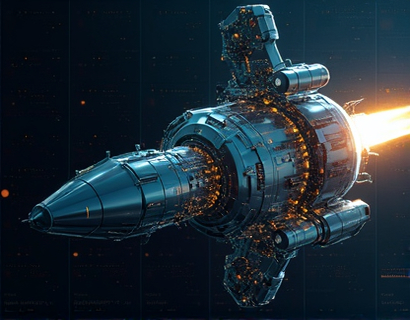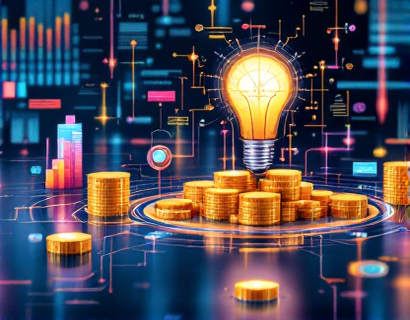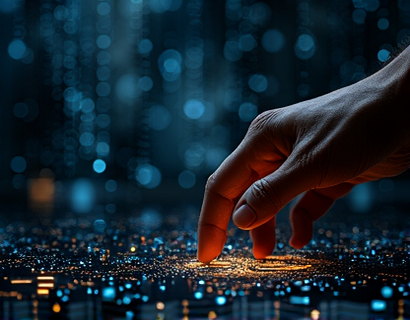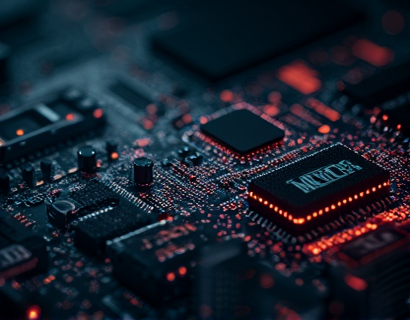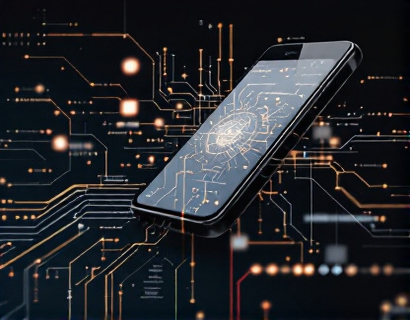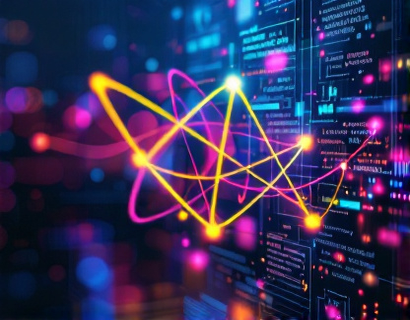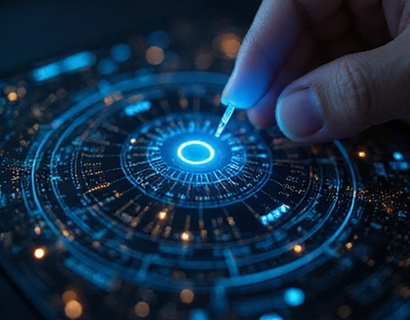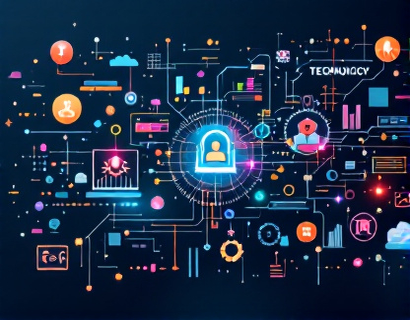Decentralized Innovation: Harnessing AI and Crypto for Revolutionary Digital Solutions
The intersection of artificial intelligence and cryptocurrency is giving rise to a new era of decentralized innovation, fundamentally transforming the digital landscape. This convergence is not just a technological advancement but a paradigm shift that promises to enhance user experience and engagement across various applications and services. As we delve into this topic, it's essential to understand the foundational elements that make this transformation possible.
Artificial intelligence, with its ability to process vast amounts of data and learn from patterns, has become an indispensable tool in the digital world. When combined with the decentralized and secure nature of cryptocurrency, AI can operate without the constraints of centralized control, leading to more robust and user-centric solutions. This synergy is paving the way for next-generation digital transformation, where the traditional boundaries of technology are being redefined.
Understanding Decentralized Innovation
Decentralized innovation refers to the development and implementation of technologies and systems that operate without a central authority or intermediary. This approach leverages blockchain technology, which is the backbone of cryptocurrencies, to ensure transparency, security, and decentralization. In this context, AI plays a crucial role by providing the intelligence needed to manage and optimize decentralized networks.
The decentralized nature of these systems means that no single entity has control over the entire network. Instead, decisions are made collectively by the participants, ensuring that the system remains resilient and resistant to censorship. This is particularly important in an era where data privacy and security are paramount concerns. By integrating AI, these decentralized systems can automate complex tasks, improve efficiency, and provide personalized experiences to users.
AI in Decentralized Systems
AI's role in decentralized systems is multifaceted. One of the primary applications is in the management of smart contracts, which are self-executing contracts with the terms directly written into code. AI can enhance smart contracts by predicting outcomes, optimizing execution, and ensuring compliance with predefined rules. This not only increases the reliability of smart contracts but also reduces the need for intermediaries, lowering costs and increasing efficiency.
Another significant application of AI in decentralized systems is in data analysis and decision-making. Decentralized networks generate vast amounts of data, and AI algorithms can process this data to uncover insights and patterns that would be impossible for humans to detect manually. This data-driven approach enables more informed decisions, from resource allocation to risk management, thereby enhancing the overall performance of the network.
Enhancing User Experience and Engagement
The integration of AI and cryptocurrency in decentralized systems significantly enhances user experience and engagement. One of the key benefits is the personalization of services. AI can analyze user behavior and preferences to tailor experiences, making them more relevant and engaging. For instance, in decentralized finance (DeFi) platforms, AI can recommend investment strategies based on a user's risk tolerance and market conditions, providing a more personalized financial experience.
Moreover, AI-driven chatbots and virtual assistants can provide 24/7 support, answering queries and guiding users through complex processes. This level of accessibility and support not only improves user satisfaction but also fosters a stronger community around decentralized applications. Users feel more connected and valued, leading to higher engagement and retention rates.
Case Studies and Real-World Applications
Several projects are already demonstrating the potential of AI and cryptocurrency in decentralized innovation. One notable example is a decentralized autonomous organization (DAO) that uses AI to manage its governance processes. The DAO leverages AI to analyze member proposals, predict outcomes, and optimize decision-making. This has led to more efficient and democratic governance, where members can participate actively and see the impact of their contributions.
Another example is a decentralized marketplace that uses AI to match buyers and sellers based on their preferences and historical behavior. The platform ensures transparency by recording all transactions on a blockchain, while AI algorithms continuously refine the matching process to enhance user satisfaction. This has resulted in a more dynamic and responsive market, benefiting all participants.
Challenges and Considerations
Despite the promising potential, the integration of AI and cryptocurrency in decentralized systems is not without challenges. One of the primary concerns is scalability. As the number of users and transactions increases, the network must be able to handle the load efficiently. AI can help optimize network performance, but it requires robust infrastructure and continuous improvement.
Another challenge is regulatory uncertainty. The decentralized nature of these systems often falls into a gray area of existing laws and regulations. Ensuring compliance while maintaining the decentralized ethos is a delicate balance that requires careful navigation. Additionally, security remains a critical issue, as any vulnerability can have far-reaching consequences in a decentralized network.
Future Prospects
The future of decentralized innovation, powered by AI and cryptocurrency, is incredibly promising. As technology advances, we can expect more sophisticated AI algorithms that can handle even more complex tasks within decentralized networks. The convergence of these technologies will likely lead to the development of entirely new industries and business models that we can hardly imagine today.
Moreover, the increasing adoption of blockchain and AI in various sectors, from healthcare to supply chain management, indicates a broader trend towards decentralized and intelligent systems. This trend is not only transforming the digital landscape but also reshaping how we interact with technology in our daily lives. The potential for innovation is vast, and the possibilities are limitless.
In conclusion, the fusion of AI and cryptocurrency in decentralized systems represents a revolutionary approach to digital transformation. By enhancing user experience, improving efficiency, and fostering community engagement, these technologies are paving the way for a more inclusive and intelligent digital future. As we continue to explore and develop these innovations, the impact on society and the economy will be profound and far-reaching.












